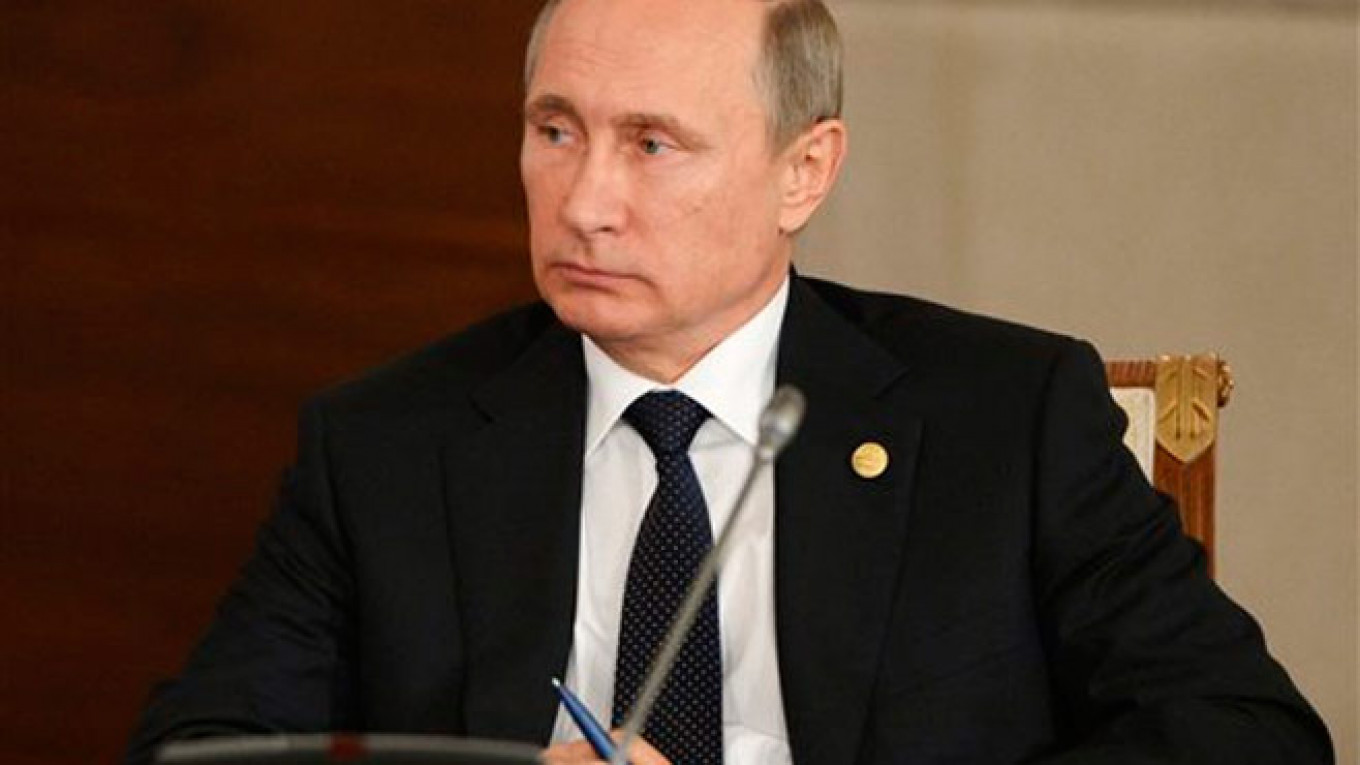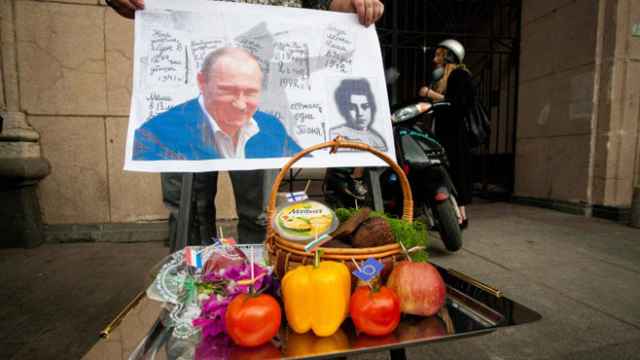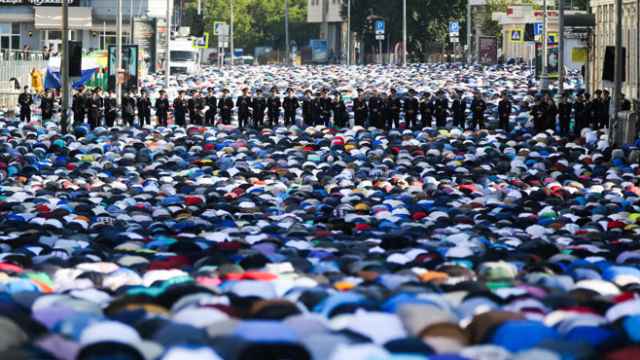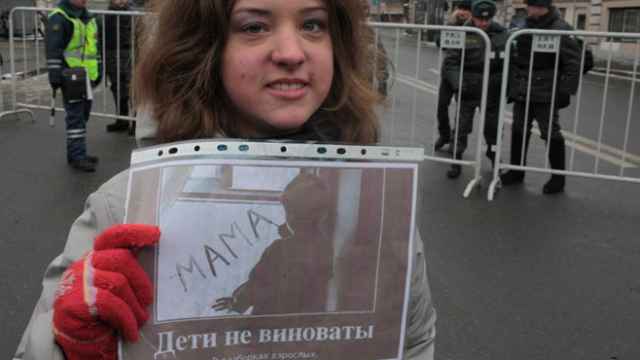Russia has invented a new type of diplomacy that defies easy categorization. It might be called "post hoc diplomacy" because Moscow begins negotiations with partners and adversaries not before taking action, as is customary, but only afterward, and with the goal of either consolidating the results of that action or using it as leverage in subsequent negotiations.
President Vladimir Putin said last Tuesday that Russia had offered to send a delegation headed by Prime Minister Dmitry Medvedev to Washington to hold talks on Syria. However, the United States rejected that proposal the next day. It is clear that Moscow considers its military operations in Syria sufficient cause for the West to treat it as a superpower and to discuss a new division of the world — that is, to hold what Putin apparently hopes would be a new Yalta Conference. However, Washington and the West in general view Moscow's proposal with suspicion and disbelief.
The military approach of "jumping into the fray, and then deciding the next step" has been known since the days of Napoleon, but that tactic involves open confrontation. The method that Moscow has perfected is more political in nature and involves a combination of secret operations and Realpolitik. It might be reformulated as: "Jump into the fray, and let everyone else worry about how to respond."
By annexing Crimea, Moscow presented the reconfiguration of postwar boundaries as an established fact that the West would simply have to accept.
Troops who took part in the Crimean operation appeared soon afterward in the Donbass. Covert aid from Russia and the arrival of "volunteers" destabilized the situation in eastern Ukraine. Russia leveraged that instability into an opportunity to hold peace talks with the West.
Once the potential war in the Donbass was averted, Moscow shifted its efforts to Syria, sending in combat aircraft and pilots in September. Russia at first denied their presence, but later presented it as a wise diplomatic move designed to convince U.S. President Barack Obama to quickly hold a meeting with Putin.
This approach is typical of the Russian gas industry as well. Those executives began construction on the South Stream and Turkish Stream pipelines even before reaching final agreement with their overseas partners. The top priority, as it turned out, was to turn a profit for Russian construction companies building the Russian segment of the pipeline.
The same holds true for Russia's foreign operations. The West did not accept the annexation of Crimea and does not trust Moscow in the Minsk process. Russia's military intervention in Syria is sparking ever more criticism, and so it is no wonder that Washington refused to hold talks with Moscow. It seems that the only people truly interested in a "new Yalta" are Putin and former Italian Prime Minister Silvio Berlusconi — and his interest was only piqued by a glass of $93,000 sherry from 1775 that the Russian president plied him with during a recent visit to Crimea. Still, Putin's foreign policy enjoys enormous popularity among the Russian people.
According to political analyst Alexei Makarkin, the Kremlin wrongly imagines that its approach can shape the international agenda. In essence, Russia has achieved its goal of drawing attention to itself, but has garnered the wrong type of attention: The West is beginning to view the Moscow regime as violator of accepted rules of conduct, as an entity that the world can deal with only as a last resort and only concerning a strictly limited agenda. In this way, Moscow has not only limited its opportunities for cooperation, but has narrowed its options for new acts of "post hoc diplomacy."
Pavel Aptekar is a historian and commentator for Vedomosti. Andrei Sinitsyn is a correspondent and op-ed contributor for Vedomosti. This comment originally appeared in Vedomosti.
A Message from The Moscow Times:
Dear readers,
We are facing unprecedented challenges. Russia's Prosecutor General's Office has designated The Moscow Times as an "undesirable" organization, criminalizing our work and putting our staff at risk of prosecution. This follows our earlier unjust labeling as a "foreign agent."
These actions are direct attempts to silence independent journalism in Russia. The authorities claim our work "discredits the decisions of the Russian leadership." We see things differently: we strive to provide accurate, unbiased reporting on Russia.
We, the journalists of The Moscow Times, refuse to be silenced. But to continue our work, we need your help.
Your support, no matter how small, makes a world of difference. If you can, please support us monthly starting from just $2. It's quick to set up, and every contribution makes a significant impact.
By supporting The Moscow Times, you're defending open, independent journalism in the face of repression. Thank you for standing with us.
Remind me later.







